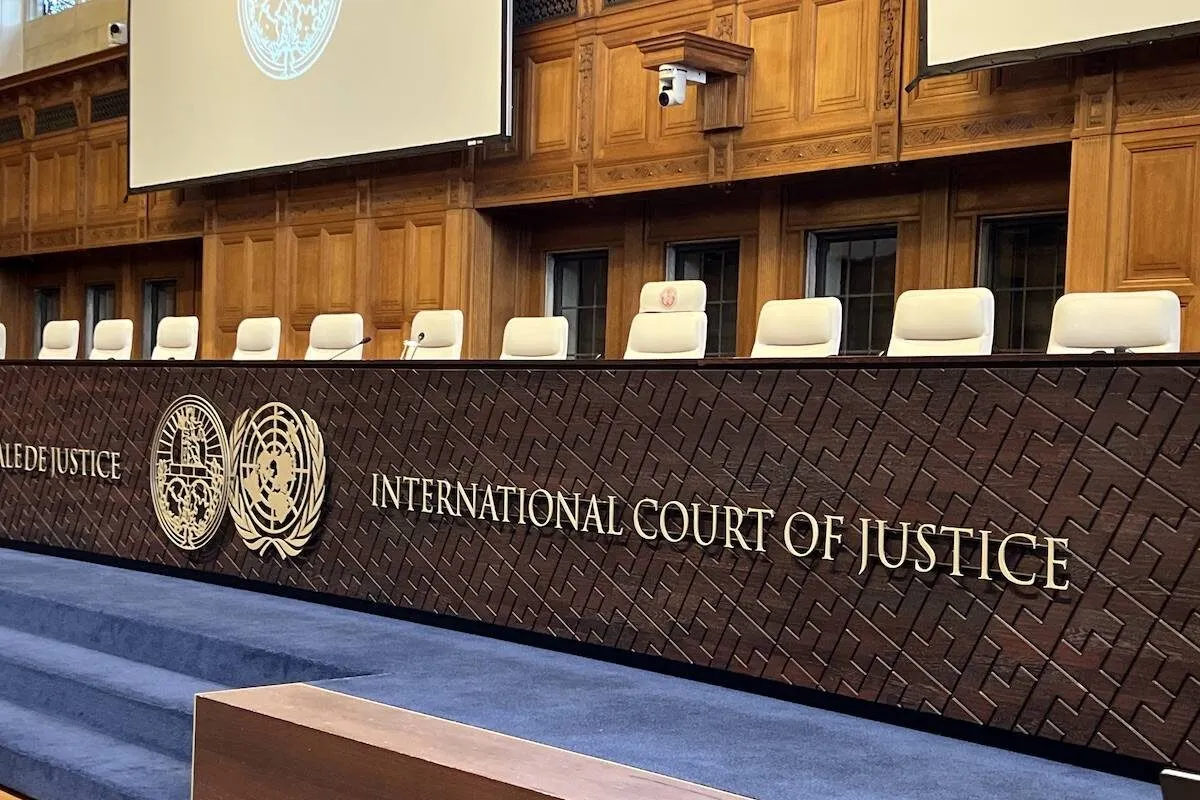As World Breastfeeding Week is observed from August 1–7, the Federal Government and the United Nations Children’s Fund (UNICEF) have reiterated the need for stronger, sustainable systems to support breastfeeding in Nigeria, including a nationwide rollout of six-month paid maternity leave.
Their renewed call follows concerning findings from the 2023–24 National Demographic and Health Survey (NDHS), which shows that while over 90% of Nigerian mothers do breastfeed, only 36% initiate breastfeeding within the first hour of birth—down from 42% in 2018. Exclusive breastfeeding rates remain low at 29%, with just 23% of children breastfed up to the recommended age of two years.
Currently, only 12 of Nigeria’s 36 states and the Federal Capital Territory provide six-month paid maternity leave—a policy considered vital for enabling exclusive breastfeeding and improving child health outcomes.
UNICEF Nigeria’s Country Representative, Wafaa Saeed Abdelatef, emphasized the importance of collective responsibility:
“Breast milk is fundamental to a child’s survival and development. Everyone—from governments to workplaces and communities—has a role in supporting mothers to breastfeed.”
She added, “This World Breastfeeding Week, we urge all sectors to go beyond awareness and build enduring support systems so that no mother is left without the tools or encouragement she needs.”
This year’s theme, “Prioritise Breastfeeding: Create Sustainable Support Systems,” highlights the need for coordinated, long-term strategies to make breastfeeding more accessible—especially within health facilities, communities, and workplaces.
Health professionals continue to stress that breast milk is the most complete and natural source of nutrition for infants. It provides essential antibodies, supports cognitive growth, and helps protect against childhood obesity. For mothers, breastfeeding can reduce the risk of Type II diabetes and certain cancers.








